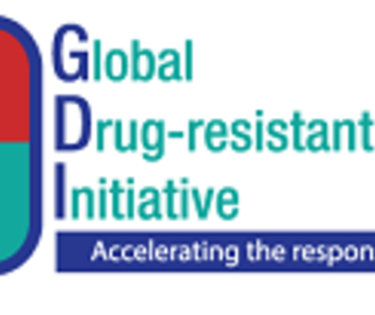Background
Drug-resistant tuberculosis (DR-TB), particularly multi-drug resistant tuberculosis (MDR-TB) and extensively drug resistant tuberculosis (XDR-TB) represent significant threats to global TB control efforts and a major public health concern in several countries. Levels of MDR-TB remain worryingly high in some parts of the world, notably countries in Eastern Europe and Central Asia. In several of these countries, up to 32% of new cases and more than 50% of previously treated cases have MDR-TB.
The World Health Organization (WHO) estimates that worldwide 450,000 people developed multi-drug resistant TB (MDR-TB) and at least 170,000 deaths were caused by MDR-TB in 2012. Globally, the overall detection of cases of MDR-TB increased from 29,000 in 2008 to about 94,000 in 2012. However, only around 77,000 eligible patients were actually put on MDR-TB treatment. Despite progress, the number of MDR-TB cases initiated on proper treatment in 2012 represented only 17% of the estimated cases of MDR-TB. Achieving universal access to treatment as envisaged in resolution WHA62.15 requires a bold and concerted drive on many fronts of TB care.
The Global Drug-resistant TB Initiative (GDI) has been recently constituted as a Working Group for drug-resistant TB related issues (DR-TB) replacing the previous MDR-TB Working Group and the global Green Light Committee (gGLC). The main focus of the GDI will be accelerating the global response to DR-TB through a partnership approach with involvement of all key stakeholders.


